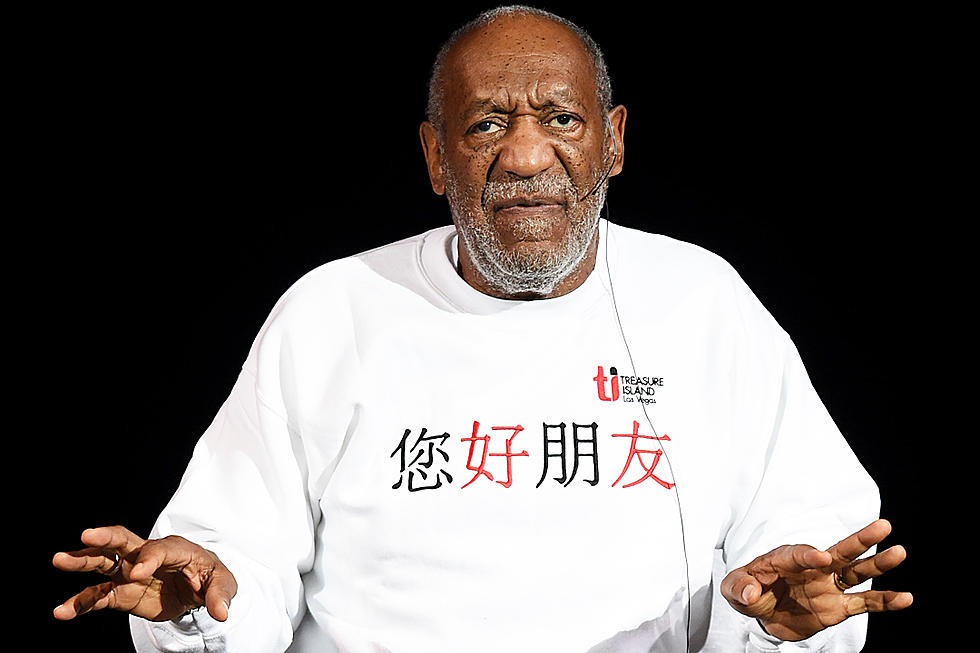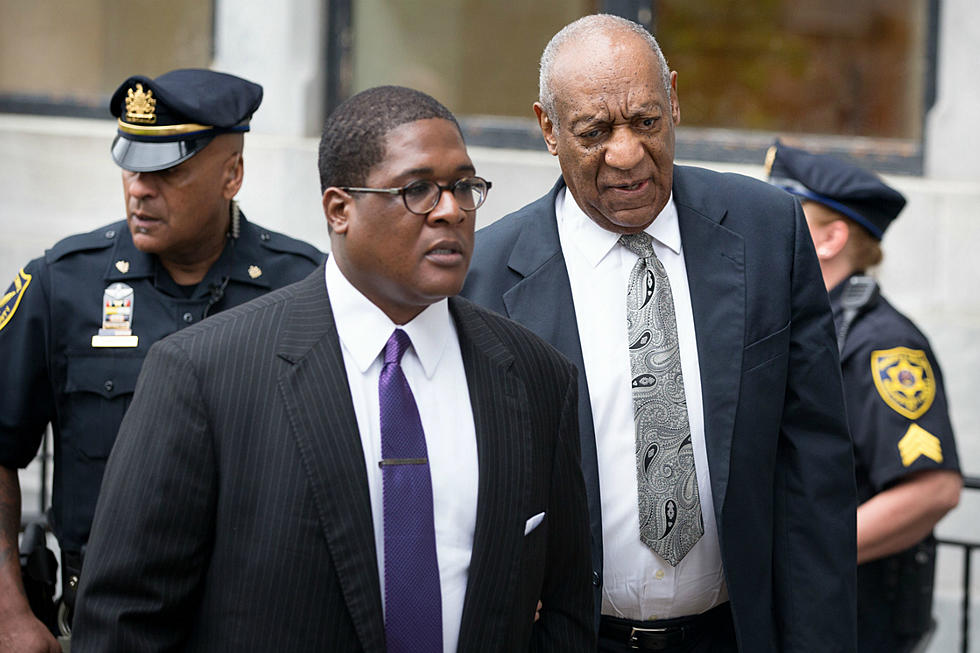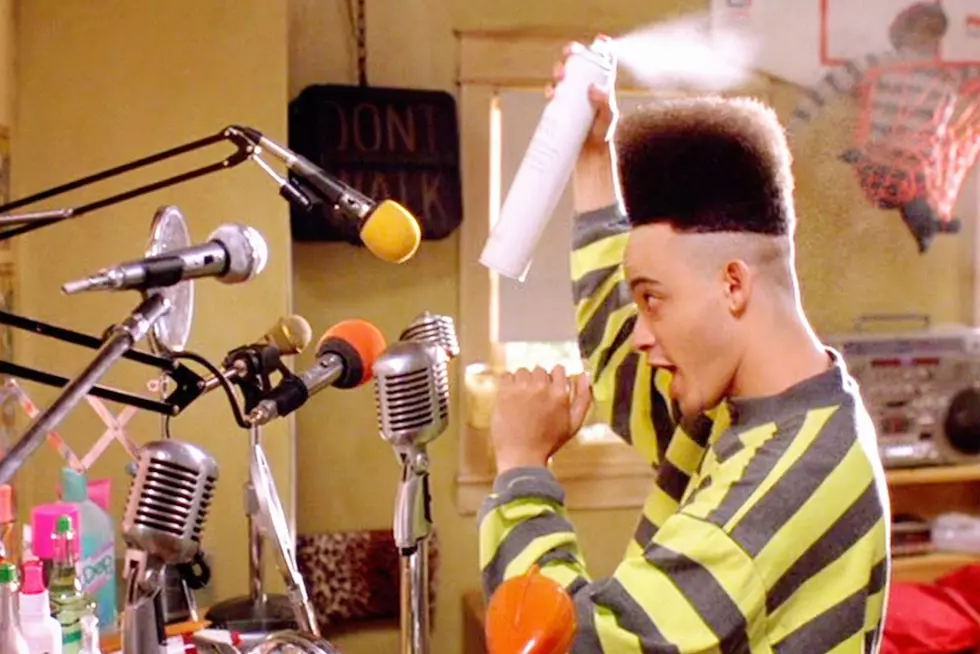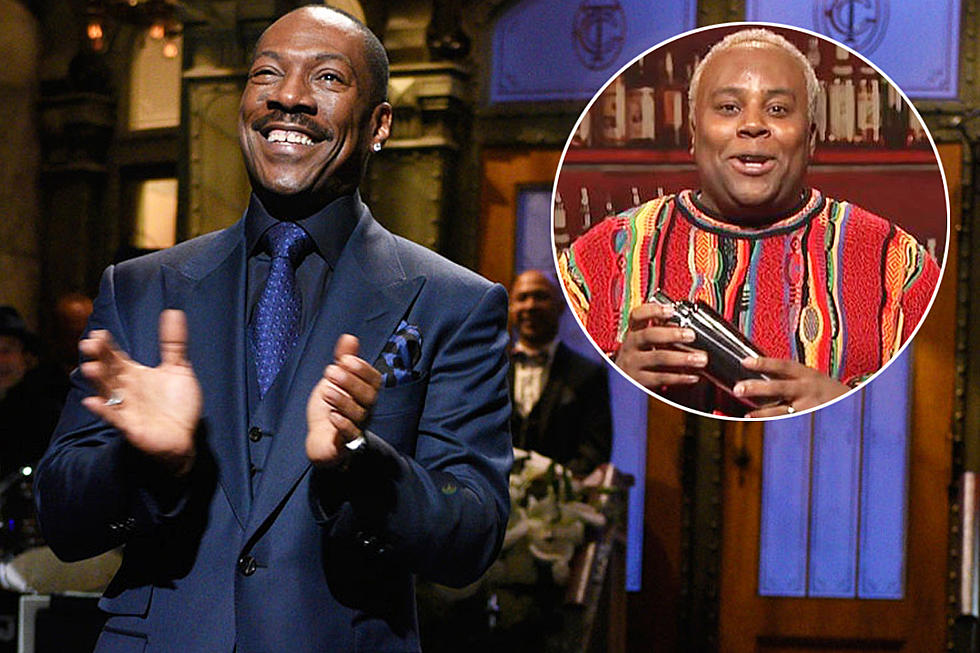
Bill Cosby: What Happens When Your Childhood Hero is an Alleged Monster
When I was a little kid, I wanted to be Bill Cosby. Lots of people did. He seemed like the epitome of “good.” Looking back, I should have just stuck with Spider-Man and Han Solo—fictional characters have a way of not turning out to be alleged serial rapists—but this was the reality for many children of the ’80s. I realize how stupid this sounds now. Human beings are flawed (or much, much worse), but eight year olds don’t really think like that.
I expressed something close to these sentiments on Twitter the other night, and it was met with a “we have to assume innocence until proven guilty” response. The thing is, Bill Cosby will most likely never be found guilty in a court of law because (A) he’ll come to a financial settlement with his accusers or (B) the statute of limitations on the alleged acts has already past. So, by taking the attitude of “innocent until proven guilty,” you are basically saying, “Bill Cosby is innocent.” You are deciding not to believe numerous accounts from women with the same story and deciding to believe a guy who is offering no defense other than some iteration of “we don’t talk about that.” I am deciding to believe the women in this case. I am not a court of law. I can assume anything I want.
Back in February, Tom Scocca at Gawker wrote a piece wondering why these allegations just went away, summarizing that “nobody wanted to live in a world where Bill Cosby was a sexual predator.” I believe he’s right. Until a few weeks ago, before Hannibal Buress reignited this whole story in his comedy act, I had to forward that article to people who had no idea what I was talking about when I mentioned Cosby’s rape allegations. I probably forwarded that piece 10 times.
I’ve avoided writing about this topic because the last thing I want to do is make any of this about me. I’ve never been assigned to do a story on Bill Cosby; I’ve never had any personal interaction. (Ta-Neshi Coates’ piece about just that is fantastic and sobering.) I certainly don’t want to write a piece about how “Oh, Bill Cosby destroyed my childhood” or something dumb like that. Because, sure, on some level, there’s a little bit of truth to that, but it’s no comparison to the accusations we are reading about what Bill Cosby did to these women. And yet, I can’t stop thinking about any of this. Truth be told: As I write this, I have the day off. I’m writing this mostly for my own benefit, just trying to work out why this is bothering me so much beyond the obvious “these allegations are horrifying."
It’s really so stupid how much television meant to me as a child. I am an only child and we moved around quite a bit. Between first grade and twelfth grade, I lived in four cities. Television was my only real constant. When I didn’t have friends, I still had ‘Family Ties.’ When ‘The Cosby Show’ debuted in 1984, I was 10 years old and probably at the most impressionable time in my life. At the time, I lived in the small mid-Missouri town of Eldon, which was predominantly white. Even though I wasn’t exposed to African American culture in my real life, I was every Thursday night at 7PM CT. I wanted to be friends with the Huxtables. I thought Bill Cosby and Phylicia Ayers-Allen (later Phylicia Rashad) were the two of the smartest people in the world. I truly believe there are countless people today who aren’t racist because they were exposed to ‘The Cosby Show’ at a young age.
“When we look back at how we used to feel about this man, it does make us wonder Was anything we used to think real?”
To the detriment of current American popular culture, there’s a staggering lack of African American themed programming in prime time network television. Growing up, it wasn’t just ‘The Cosby Show,’ but ‘The Jeffersons,’ ‘Diff’rent Strokes,’ and the perpetual reruns of ‘Good Times’ and ‘What’s Happening!’ and ‘Sanford and Son’ (and, later, ‘Family Matters.’) At the time, I never thought of any of these television series as “African American programming,” I just thought of them at “TV shows.” It’s now that there seems to be a distinction, which is bizarre. Bill Cosby and his ‘The Cosby Show’ (and ‘Fat Albert’ and ‘Picture Pages’) is a huge reason for that. And now, as TV Land takes ‘The Cosby Show’ off the air, I have mixed feelings whether that’s a good idea or not. The idea of Cosby still profiting is not an appealing one, but what’s the greater good? Then again, I doubt many young kids today are going to be seeking out and watching ‘The Cosby Show’ on TV Land anyway. And, with everything that’s happened now, it’s probably for the best they don’t.
Robin Williams’ death hit a lot of people hard. He was another one of those actors who was such a part of popular culture that it was difficult to accept that he was in such pain he needed to take his own life. But, even with the tragic circumstances of Williams’ death, it didn’t change how we felt about him as an actor or person. The memories we had of him are still intact; maybe more so now. We may be a little more skeptical of that smile he always seemed to have, but it doesn’t retroactively change history.
I can’t even look at Bill Cosby’s face right now.
Hero worship is a tricky thing. Professional athletes say this over and over again: “I am not a hero.” And, they’re right! But, little kids are impressionable and the fact that they will latch on to certain famous people and look up to them is a real thing. It was certainly real for me.
For this job, I wind up meeting and interviewing a lot of famous people. The most nervous I’ve ever been before an interview was in the moments leading up to speaking with Harrison Ford. Not because Ford is notoriously cranky during interviews (in my eventual experience, he wasn’t) or that Ford gives short and not very elaborate answers (again, not the experience I would have). It was more for the fact that Harrison Ford meant so much to me growing up that if something went wrong—if I learned that Ford was a raging asshole (this didn’t happen; he was very nice)—it would destroy my memories of what he meant to me when I was a new kid at school and had no friends other than that VHS copy of ‘Indiana Jones and the Temple of Doom.’ We can debate whether this should have meant so much to me back then—perhaps I should have just gone outside more often—but it doesn’t mean it wasn’t real.
It would be hard enough if these allegations were just something as seemingly benign as tax fraud. But what Cosby is being accused of is up there as one of the most despicable acts that a human being can do. And he allegedly did it many, many times. And, again, no one wants to live in a world in which Bill Cosby is an alleged serial rapist. But we do. When we look back at how we used to feel about this man, it does make us wonder Was anything we used to think real? I’m sure some was real, but much of it wasn’t. And it does change everything. His legacy is ruined. All the good he did—and his contributions to popular culture really did do a lot of good—is now ruined. Bill Cosby had a legitimate role in shaping society, and now it’s all gone.
Mike Ryan has written for The Huffington Post, Wired, Vanity Fair and GQ. He is the senior editor of ScreenCrush. You can contact him directly on Twitter.[googleAd adunit="cutout-placeholder" placeholder="cutout-placeholder"]
More From ScreenCrush









